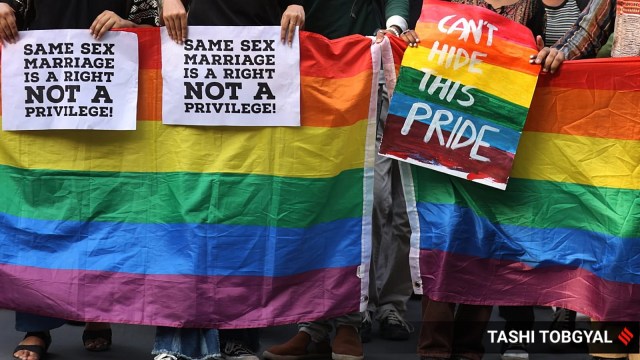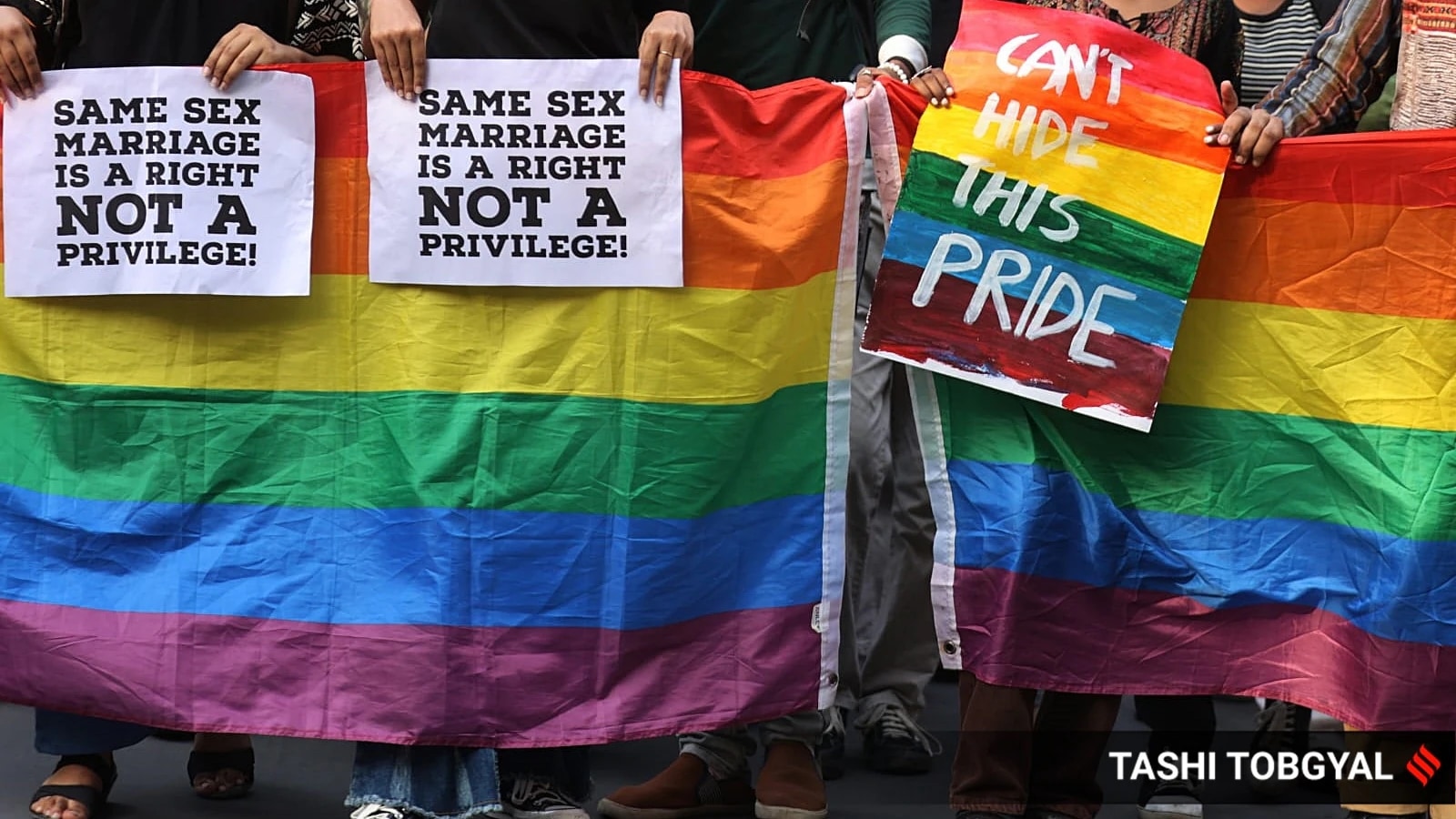

Jan 28, 2025 07:32 IST First published on: Jan 28, 2025 at 07:17 IST
India is by no means the worst Asian country to live in a same-sex union. In many Asian countries, one can be legally imprisoned or even executed if discovered to have engaged in same-sex relations. India, the largest democracy in the world, however, is not the best Asian country either for those who are married to a person of the same sex. I use the word “married” to refer to the many religious but not legally recognised marriages Indian same-sex couples enter into because, in 2023, the Supreme Court refused to protect same-sex marriage rights and, in 2025, it turned down a review petition.
In March 2024, Thailand’s House of Representatives voted by a vast majority (400 to 10) to ratify same-sex marriage, and in June, the Senate voted similarly (130 to 4). In August, King Vajiralongkorn gave his assent. Thailand is now the largest Asian country to have legalised same-sex marriage.
The first Asian country to legalise same-sex marriage was Taiwan. In 2017, Taiwan’s Constitutional Court ruled that the constitutional right to equality and freedom of marriage gives same-sex couples the right to marry. A referendum by the electorate blocked the government from amending the marriage law to include same-sex couples. But Taiwan’s government found a way. Parliament passed a separate marriage law in 2019, giving same-sex marriages almost all the same rights as marriage. In 2023, Taiwan amended its same-sex marriage law to allow couples to adopt jointly. In the same year, Nepal began temporarily registering same-sex marriages after a Supreme Court interim order. Still, married same-sex couples do not have all the rights that cross-sex married couples do.
In India, same-sex couples have been getting married by Hindu rites since at least 1987 when policewomen Leela Namdeo and Urmila Srivastava’s marriage made headlines. That was much before same-sex marriage was legal anywhere in the world. My book, Love’s Rite, the first book on same-sex marriage in India, is about these pioneers. The book lists hundreds of couples who have got married all over India and Nepal since then. In the 1980s and ’90s, almost all these couples were non-English speaking, low-income women, including agricultural labourers, factory workers, fisherwomen, domestic workers, and tribals. They were from a whole range of jatis, and had no contact with any social movement (indeed, in the 1980s, there was no gay movement to speak of). While some families violently opposed the marriages and forcibly separated the couples or drove them towards joint suicide, other families were supportive and even helped arrange weddings. These marriages and joint suicides continue to occur.
Despite the evidence that same-sex unions have existed throughout history in every culture, including India, the myth persists that the idea of same-sex marriage is a Western import. Ironically, the Supreme Court, in its 366-page-long judgment, combated the myth. The Justices quoted details and cases of marriage from Love’s Rite and from the media, and acknowledged that same-sex marriage is not imported from the West and is part of Indian culture and society because people inclined to same-sex relations are Indians too. And yet, the Supreme Court decided not to recognise the constitutional rights to freedom and equality of these millions of Indians and left it to Parliament.
The Supreme Court refused to even grant domestic partnership to same-sex couples, which would have given them some but not all the rights of marriage. Therefore, two Indians of the same sex who have been together for 40 years cannot make medical or funeral decisions for each other, cannot inherit from each other without a will, and cannot receive medical insurance or pension benefits, but a cross-sex couple married for one day has all these rights. A wealthy and well-connected couple may be able to get around some barriers but not the majority of them.
most read
Indians legally married to same-sex spouses in other countries are in the strange position of having two legal statuses. They are married in some countries, such as Thailand or Argentina, but single in India. A foreign man married to an Indian woman or a foreign woman married to an Indian man obtains Overseas Citizenship of India and can live and work in India for as long as they like, but a foreign spouse of an Indian of the same sex can stay in India for only six months at a time, on a tourist visa. This discrimination is manifestly unjust.
Thailand is a Buddhist majority country, Taiwan is one-third Buddhist and one-third Taoist, and Nepal is 81.9 percent Hindu. Hinduism and Buddhism have never treated homosexuality as a serious crime, the way the Abrahamic religions have, and, as I demonstrated in my co-edited book, Same-Sex Love in India, many Hindu texts depict homosexuality as part of human nature and even celebrate same-sex love.
But India is also one of the very few functioning democracies that recognises the diversity of marriage practices for minorities in a way that most functioning democracies do not. For example, polygamy is legal for Muslims in India but is illegal in Taiwan, Nepal, Thailand, Japan, and all Western democracies. But despite the Supreme Court having stated that it is up to the legislature to legalise same-sex marriage, the Indian Parliament has not followed the examples of Thailand and Taiwan to grant marriage equality to this particular minority. Perhaps it will some day, but probably not in my lifetime.
Vanita is a novelist and scholar


